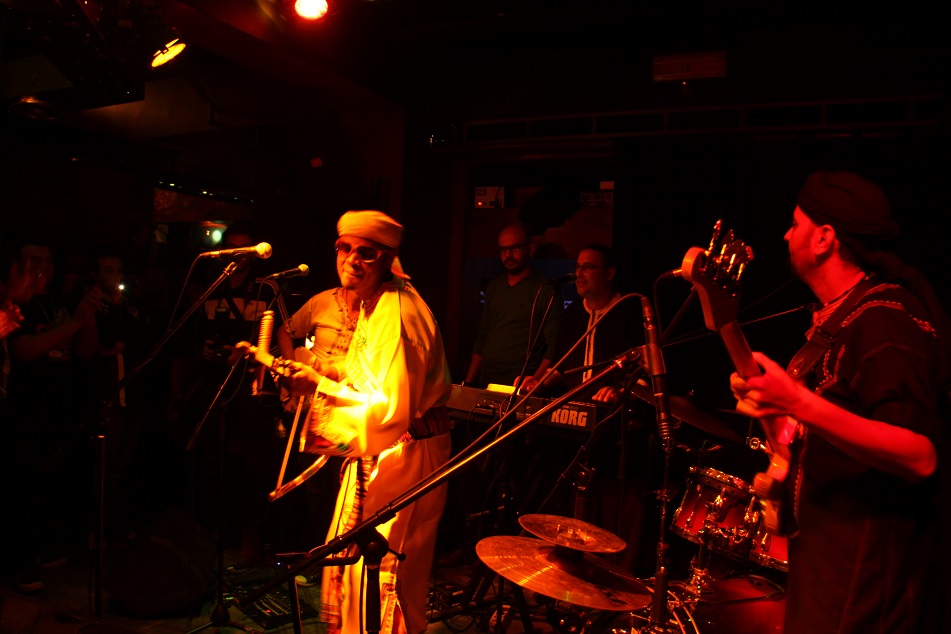January 2011 created a new set of alliances between the three main political currents in Egypt: the Islamists, the leftists and the liberals. During the first 18 days of the revolution and all the way up to the constitutional referendum in March 2011, this alliance was active and sound. Since the March referendum, this alliance went through a phase of contention between its members. The Islamist bloc represented by the Muslim Brotherhood and the Salfists sided together against a civil bloc represented by leftist and liberal social movements and a number of new political parties from both streams.
The yearlong contentious phase ended with the second round of presidential elections when the Muslim Brotherhood reached out to leftist and liberal political forces seeking support for their candidate. Throughout the transitional period, the political alliance between the different forces was based on one main principle; the revolution vs. the rest. Political alliances since January 2011 were designed on the basis of who are you allying against rather than whom are you allying with or what are you allying for. The revolution-former regime dichotomy was the governing principle in all the alliances that saw the light during that phase. While these terms were relevant to the political reality of the transitional phase, we need to question whether they are still relevant today.
In the new political landscape where the Muslim Brotherhood controls the executive and the legislative, maintains majority in the constitutional assembly and commands the largest grass-roots organisation in Egypt; the terms of power have transformed. Losses to the former regime representatives (although always a relief) do not necessarily mean gains to the revolution. In fact, the revolution-former regime dichotomy is no longer relevant because the revolution is no longer a matter of authority vs. resistance; it has split on the inside and turned into a question of power vs. opposition.
The result of the presidential election has normalised the Muslim Brotherhood and moved the organisation from the “resistance” camp to the “power” one. Therefore, the struggles that existed between revolutionary forces and the former regime during the transitional phase now exist between one revolutionary force and another. This new political reality requires new terms of political alliance based not on who are you allying against, but rather who are you allying with.
New political alliances need to have clear and relevant targets. Allying for abstract goals like “the future of the revolution” can no longer hold in the new political reality because the notion of “revolution” itself is becoming more and more evasive. Political alliances today need to rally for and against principals rather than personalities. As soon as these principals are clearly laid out, it will be a lot easier to determine who are the members of the alliance and who represents everything it stands against.
Finally, since “power” today is in the hands of an organisation that controls institutionalised (the state) and non-institutionalised (the street) politics, new political alliances should focus on both aspects through targeting the political process via parliamentary elections, and securing social presence through mobilisation and collective action.
Effective political alliances are urgently needed in Egypt at the moment, but prior to their formation, the new political reality in which Egypt finds itself must be sufficiently understood.





